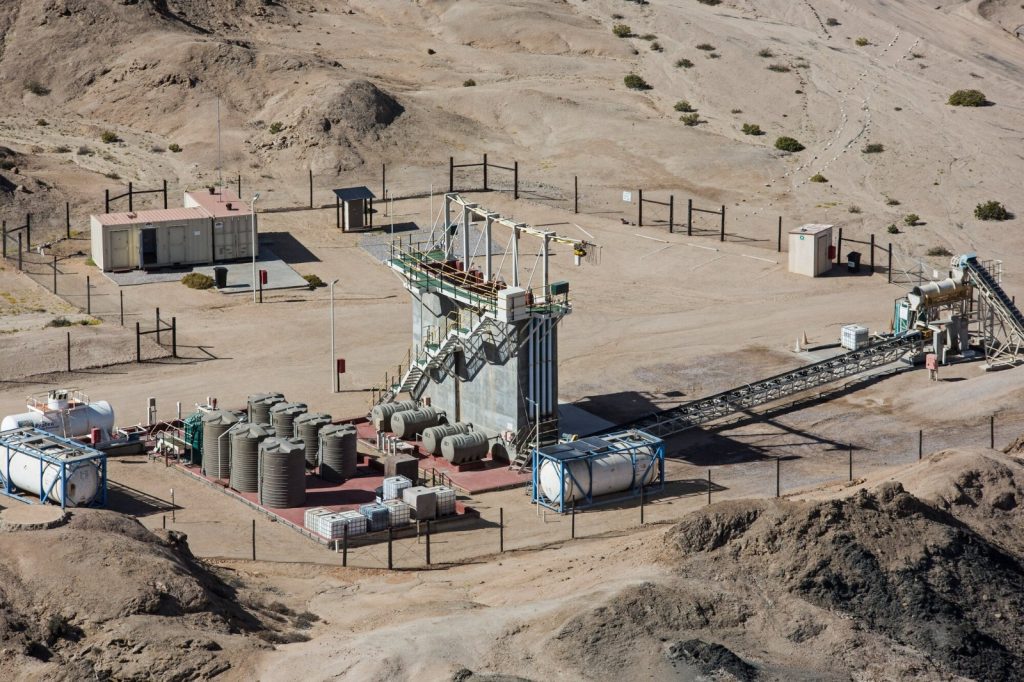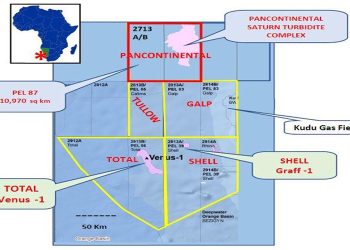
Bannerman Energy Ltd says employment at its work site is set to rise from 120 to about 400 people over the next quarter as construction activity gathers pace.
The company confirmed that it has contracted two Namibian firms for key works at the Etango uranium project. Tulela Mining & Construction has begun blasting for heap leach drainage material, while K Neumayer Civil Contractors is responsible for the Phase 1 concrete contract, centred on the primary crusher structure.
“Site inductions are underway for new construction teams for both the blasting of drainage material and the concrete contract which will see the workforce on site increase from 120 to approximately 400 people over the next quarter,” the company said in a report.
Bannerman Chief Executive Officer Gavin Chamberlain said construction remains on schedule and within budget. He noted progress on several milestones, including the commissioning of construction power facilities, significant advances in detailed design for the process plant, and the successful Factory Acceptance Test of the High-Pressure Grinding Rolls tertiary crusher in Germany.
“I am pleased with the on-time, on-budget progress that the Bannerman team is achieving in conjunction with our contractors. Our focus on tight contract and activity controls continues to be consistently applied by the team,” Chamberlain said.
The company reported steady progress on site infrastructure, with the Etango access road and the C28 intersection upgrade completed. Construction water facilities have been commissioned, and permanent water supply works are expected to begin in the next quarter. The bulk earthworks contract is 42% complete, while excavation of process solution ponds and heap leach pad development is also advancing.
Bannerman said off-site infrastructure agreements are in place, including a long-term water supply deal with NamWater, a power supply agreement with NamPower, and environmental clearance for an acid storage and handling facility at Walvis Bay.
The company added that the Etango Project continues to maintain a strong safety record, with nearly 16 years without a lost-time injury.



